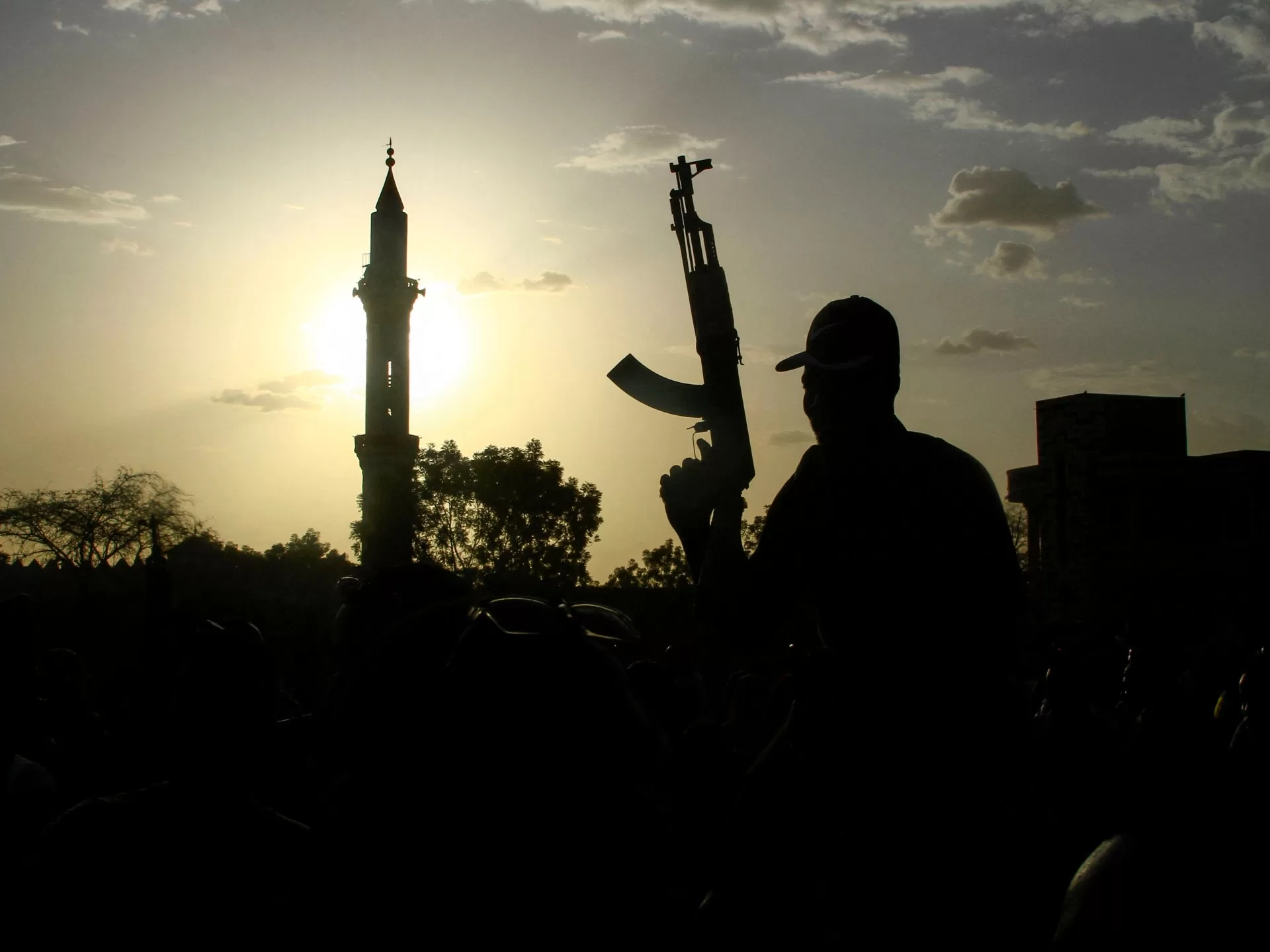Army leader Abdel Fattah al-Burhan’s about-face on joining talks dampens hopes they will lead to the end of 16-month war.
A new round of talks aimed at ending a 16-month civil war in Sudan that has sparked a humanitarian crisis in the Northeast African country has begun in Switzerland despite the army’s absence.
Army leader Abdel Fattah al-Burhan’s reversal on joining the United States-led negotiations dampened hopes that Wednesday’s proceedings would lead to a breakthrough with the paramilitary Rapid Support Forces (RSF), led by Mohamed Hamdan “Hemedti” Dagalo.
The two sides have been fighting in a bloody civil war since April last year.
“The talks have started,” a spokesman for the US mission in Geneva told the AFP news agency, adding that there was “no change” to the nonparticipation of the Sudanese army.
Al-Burhan has struck a defiant tone after the military said the general survived a drone attack on a military celebration in eastern Sudan last month.
He continued that course on Tuesday, saying, “Military operations will not stop without the withdrawal of every last militiaman from the cities and villages they have plundered and colonised.”
The Sudanese army has repeatedly accused the RSF of failing to adhere to commitments to pull combatants out of civilian areas and facilitate aid deliveries. Those were part of an agreement reached in direct talks last year in Saudi Arabia, which resulted in a brief pause in the fighting.
Mediators have said both sides have violated the terms of the agreement.
For its part, the RSF has repeatedly denied it has committed abuses against civilians or looting despite continuing its heavy bombardment of the cities of Omdurman, el-Obeid and el-Fasher. It has sent a delegation to the negotiations in Switzerland and said it was open to a new peace deal if the army engages in talks.
Also in attendance in Geneva on Wednesday were representatives from Egypt, the United Nations, the African Union, the East African body IGAD (the Intergovernmental Authority on Development) and the United Arab Emirates, which has repeatedly denied allegations it is providing weapons and other military support to the RSF.
‘Cataclysmic breaking point’
Al-Burhan and Hemedti had tenuously shared power after the 2021 toppling of President Omar al-Bashir. However, tensions over plans to integrate their two forces exploded last year into full-scale war.
Fighting initially began in the capital, Khartoum, and the RSF eventually seized most of the Darfur region and Gezira state. The army-led government has since rebased in Port Sudan on the east coast.
Both sides have been accused of committing abuses, including targeting civilians, indiscriminately shelling residential areas and hampering aid deliveries.
The UN said the conflict has killed tens of thousands of people and internally displaced more than 10.7 million. Another 2.3 million refugees have fled the country, according to the International Organization of Migration.
This week, UN officials warned that Sudan is at a “cataclysmic breaking point” as they predicted tens of thousands of preventable deaths from hunger, disease, floods and violence in the coming months if the fighting does not end.
